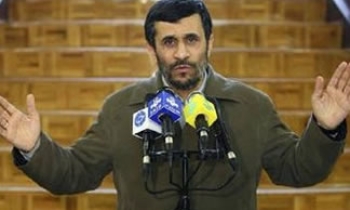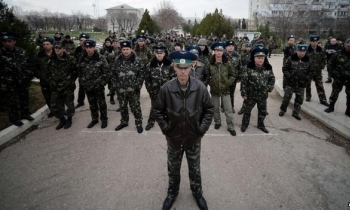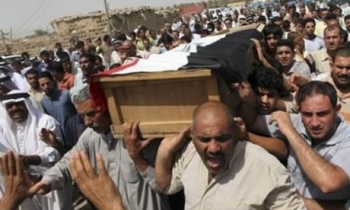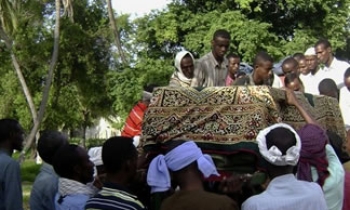CPJ is deeply concerned by the latest efforts to suppress discussion of the social and environmental costs of Gujarat's Sardar Sarovar dam construction, part of a controversial irrigation and hydroelectric project along the Narmada River.
India's Supreme Court has scheduled a hearing for 29 July 1999, to decide whether to initiate contempt of court proceedings against the writer Arundhati Roy for publishing an essay on the Narmada Valley Project. In a statement issued by the three-bench panel on 22 July, the judges said that the essay - which originally ran as an article in the Indian weekly newsmagazines "Outlook" and "Frontline", then was excerpted in London's "The Guardian" newspaper, and has now been published as a short book - seemed to be "an attempt to undermine the dignity of the court and influence the course of justice." Two leading activists with the Narmada Bachao Andolan (NBA), or "Save the Narmada Movement", are also threatened with contempt charges.
Chief Justice A.S. Anand, Justice S.P. Barucha, and Justice B.N. Kirpal scheduled the hearing in response to a petition filed by the Gujarat state government, which claims that there should be a ban on the "publication of various matters in different newspapers, journals, and other media touching upon the matter under consideration of the court." In February, the court lifted a four-year stay on further construction of the Sardar Sarovar dam, and this decision was scathingly critiqued in Roy's book, "The Greater Common Good".
In her book, Roy argues against "Big Dam" projects generally, and criticizes the court for its apparent indifference to reports that the Sardar Sarovar project would displace half a million people.
Meanwhile, in Gujarat State, CPJ's sources report that virtually all bookstores have pulled copies of Roy's book for fear of violent reprisal. Last week, activists from the two most powerful political parties in India, the Congress Party and the ruling Bharatiya Janata Party (BJP), held demonstrations condemning Roy for her anti-Narmada views. On 22 June, members of the youth wing of the Congress Party burned several copies of "The Greater Common Good", and Youth Congress President Himattsinh Patel threatened that "If within the next 24 hours, all [Roy's] irresponsible, anti-development books are not withdrawn from the shelves, the bookstores will have to face the wrath of angry Youth Congressmen."
The BJP's youth wing held a similar demonstration on Saturday 24 July. In this climate of extreme intolerance, the renowned Gujarati writer Ashwini Bhatt was unable to find a publisher willing to release a Gujarati edition of Roy's essay, and is now planning to publish the book himself. However, CPJ fears that distribution of the book will be extraordinarily difficult, and even dangerous.









